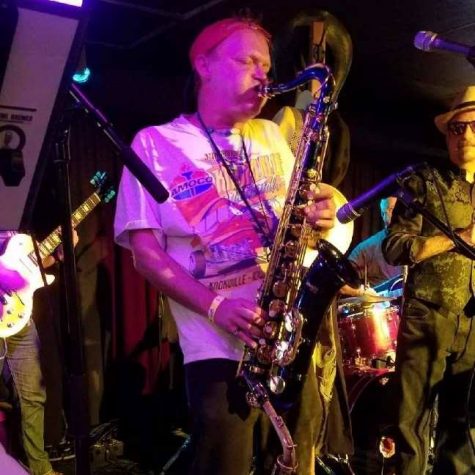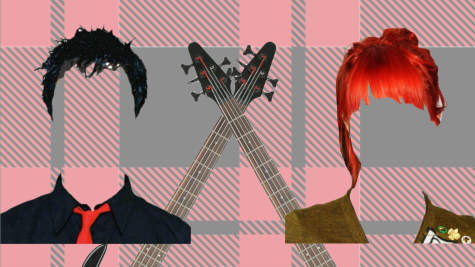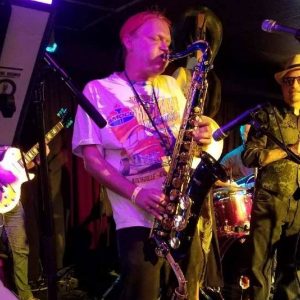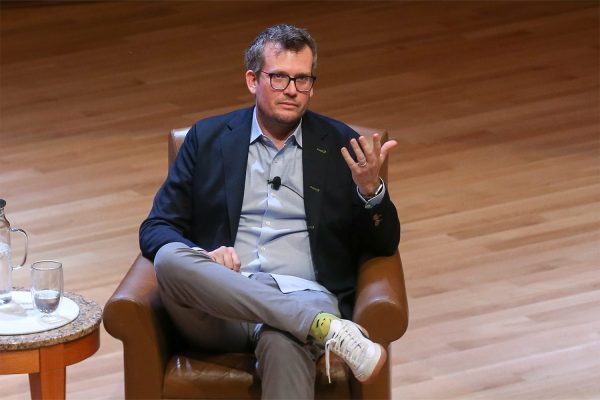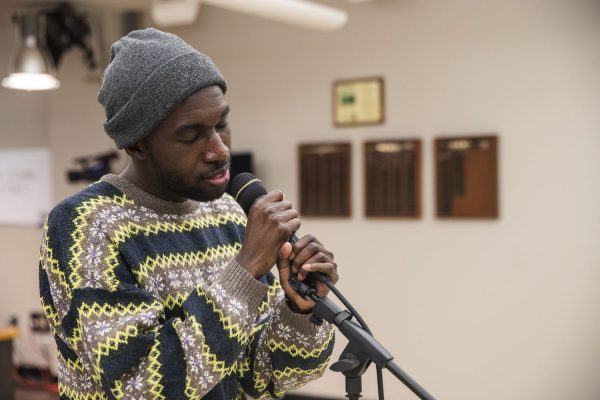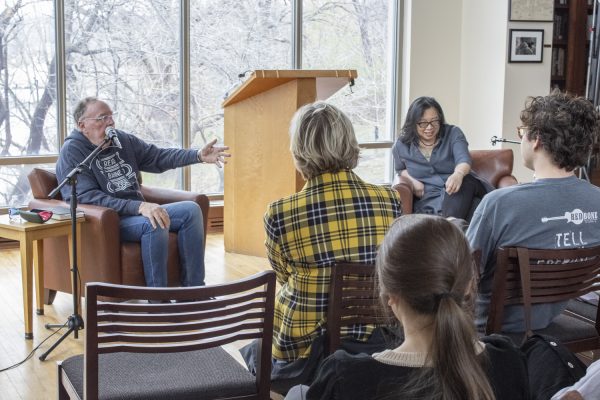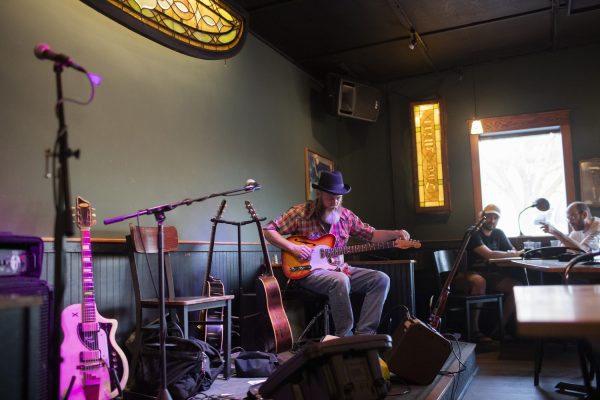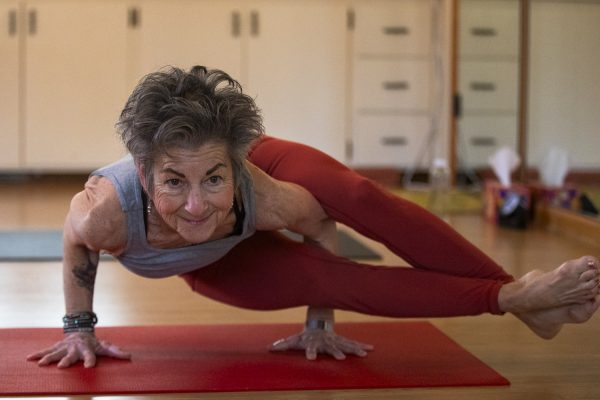Music of the soothing spheres
For some dealing with postoperative pain, relief may come through the form of sweet music.
Hancher Auditorium in Iowa City on Thursday, Nov. 2, 2017.
September 20, 2018
For some dealing with postoperative pain, relief may come through the form of sweet music.
In 2016, after conducting a study that spanned seven years, three women closely associated with music therapy in Iowa City — Kirsten Nelson, Mary Adamek, and Charmaine Kleiber — asked questions specifically about postoperative music therapy for adolescents undergoing spinal-fusion surgery and the treatment’s effects on reducing pain and anxiety.
From 5:30 to 6:30 p.m. Sept. 20, the three women will host a free discussion at Hancher on their study, its next direction, and more broadly speaking the positive effect music therapy appears to bring to a multitude of people, stretching far out of hospital doors to nursing homes, elementary schools, and community wellness programs.
Kirsten Nelson is a music therapist at the University of Iowa Stead Family Children’s Hospital and the internship director of the UI Music Therapy Program. Part of the study’s inception was Nelson trying to treat spinal-fusion patients after surgery, but many of the patients’ parents stopped her at the door, contending that their children were in too much pain for Nelson and her guitar.
“There was this misconception when I approached the patients and their families on what I was there to do,” Nelson said. “I then met with Mary Adamek and Charmaine Kleiber to see if we could develop a protocol and actually have a research project in which we were without question part of the treatment process post-operation.”
Nelson and Company wanted to see if the patients had any pre-existing knowledge about music therapy before surgery and whether that would increase their ability to allow music therapy to heal their pain and anxiety levels after the operation.
As it turned out, the results showed knowledge of music therapy before the patients were in pain and on a lot of medication was not significant.
Instead, what was noteworthy was how in both cases, with or without pre-existing knowledge, music therapy helped to significantly reduce the patient’s pain and anxiety, allowing them to remain focused and in control without the pain completely taking over.
After the study was published and word of its positive effects spread throughout the hospital, Adamek, the director of the UI Music Therapy Program, said patients were keener to being treated with music therapy after surgery.
Outside of the Children’s Hospital, Adamek works to prepare her students for many environments and populations of people who could benefit from music therapy.
“With this study, we were specifically focusing on pain and anxiety,” Adamek said. “Though, in a school setting, we’d work with students on their social skills, or in a nursing home, we’d work with the elderly on decreasing isolation.”
Part of learning music therapy is understanding there are foundational teachings and practices, but what makes it unique is each case is individualized and geared toward the patient.
Nelson said the music and its relationship with the patient is all about its context.
For some, she said the Beatles’ “Here Comes the Sun” might be the most beautiful song ever, but for others, it could have been played at a funeral, generating a whole new meaning and bundle of emotions. That’s why she gives the keys to the patients she’s working with and why it has to be individualized.
Today at the Hancher discussion, the three plan on unveiling information about their new research product, this time focusing on teen males dealing with Lorenz Bar Removal (Nuss procedure), a painful surgery that deals with the spreading of the chest.
The difference with this study is all patients will watch an instructional video before surgery that educates them on what music therapy is and how it helps to decrease pain and anxiety after surgery. Nelson and the two other music therapists will treat patients on different days to see if time is a factor in the process of decreasing postoperative pain and anxiety.
While the discussion acts as a platform to present their work, Adamek also sees it as a great opportunity to “educate and advocate” for music therapy in the community.
With an opioid epidemic on a national scale, music therapy can act not only as an alternative to pain medication for patients but also something that can help keep people in control instead of relying strictly on pain medication to cope with postoperative life.




